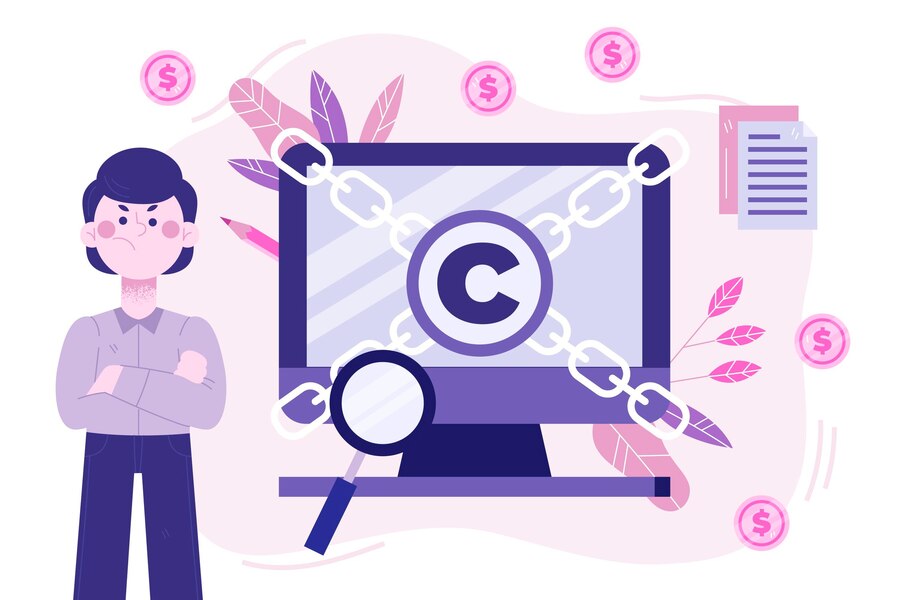Want search engines to find your website easily? Canonicalization helps.
It’s like making sure each room in your house has only one front door.
Contact us today!


At Contentika, we understand that canonicalization is key to maintaining a well-structured, SEO-friendly website. Our comprehensive process ensures that your content is optimized for search engines while avoiding duplication issues. Here’s how we do it:
We start by analyzing your website’s current structure and content. This includes identifying duplicate content and potential canonicalization issues.
Based on our assessment, we develop a tailored canonicalization strategy. This strategy ensures that search engines recognize the primary version of each piece of content, improving your SEO rankings.
Our team then implements the canonical tags across your website. We ensure that these tags are correctly placed and functioning to direct search engines to the preferred content.
After implementation, we rigorously test the canonical tags to confirm they are working as intended. This step is crucial to ensure that search engines are correctly indexing your content.
Canonicalization is not a one-time task. We continuously monitor your website to detect any new issues or changes that may require adjustments to your canonicalization strategy.
We provide detailed reports on the canonicalization process and its impact on your SEO performance. This helps you track progress and understand the benefits of our approach.
Canonicalization is like telling search engines which version of a page is the "real" one. Imagine you have the same product listed on two different pages of your website.
Canonicalization helps you tell search engines to focus on just one of those pages. This prevents confusion and helps search engines show the right page to people looking for your product.
Canonicalization helps avoid duplicate content by guiding search engines to the preferred version of a webpage. Here’s how it works on different CMS platforms:
In WordPress, plugins like Yoast SEO or All in One SEO Pack handle canonical tags automatically, ensuring search engines index the correct page version.
For platforms like Joomla or Drupal, canonical tags can be managed through specific plugins or manual setups. Each CMS offers tools or modules to simplify this process.
For unique sites with custom features, we create tailored solutions for canonicalization, ensuring that even complex structures are optimized and free from duplicate content issues.
Canonicalization is important for SEO because it helps manage how search engines view your content. Here’s why it matters:
Canonicalization helps improve your search engine rankings. It tells search engines which version of a page is the main one when there are similar or duplicate pages. This way, the right page gets higher rankings and better visibility in search results.
Duplicate content can harm your SEO. Canonicalization fixes this by pointing search engines to the original page, avoiding confusion and ensuring that your content isn’t split across multiple pages.
Canonicalization also makes for a better user experience. It ensures users land on the most relevant and useful page, rather than running into duplicates or irrelevant content, making their browsing smoother and more enjoyable.
It’s fast and easy
Canonicalization problems can hurt your SEO. Here’s how to tackle common issues:
Look for issues like duplicate content, incorrect or missing canonical tags, and conflicting tags. Use tools to check for these problems and review your URL structure.
Fix errors by ensuring each page has the right canonical tag pointing to the main content. Update or remove conflicting tags and fix broken links. Regularly audit your site to maintain proper tagging.
If problems persist or are too complex, consider professional help. Experts can provide advanced solutions and ongoing monitoring to keep your site in top shape.

Canonicalization is key to a healthy website. Let our experts handle it for you.
Contact us today for a free consultation.
We know a thin or two about good content. Signup for our free newsletter.